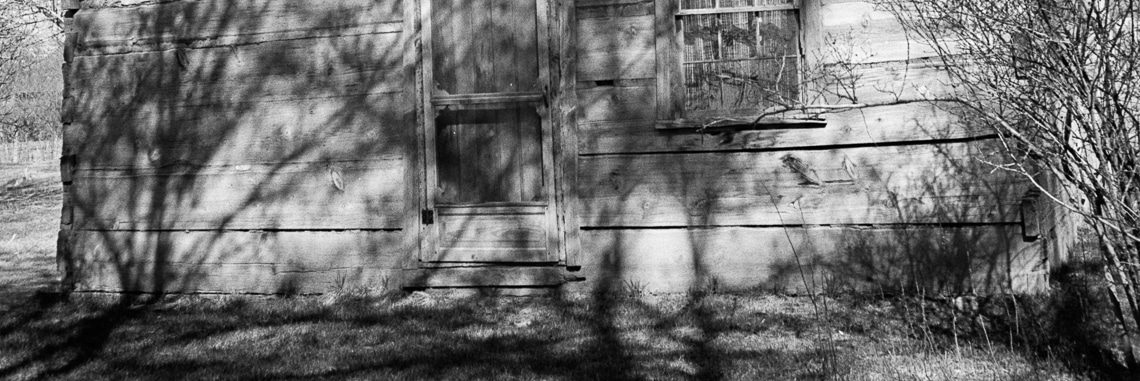
Scapegoating and the Cross
The Saving Power of the Cross
Friday, April 2, 2021
Good Friday
Today the primary human problem is both revealed and resolved. It is indeed a “good” Friday. What is revealed is our human inclination to kill others, in any multitude of ways, instead of dying to ourselves—to our own illusions, pretenses, narcissism, and self-defeating behaviors. Jesus dies “for” us not in the sense of “a substitute for us” but “in solidarity with” the suffering of all humanity since the beginning of time! The first is merely a heavenly transaction of sorts; the second is a transformation of our very soul and the trajectory of history. My dear friend James Alison is a brilliant theologian and a primary teacher of the work of René Girard. [1] Here he writes about the true power of the cross:
[Jesus] went to death as a victim. . . . And the reason that this is important is that it catches us at our worst, as it were. The space of the victim is the kind of place none of us at all ever wants to occupy, and if we find ourselves occupying it, it is kicking and screaming. More to the point, we spend a great deal of time pointing fingers and making sure that other people get to occupy that space, not us.
Now by Jesus going into, and occupying that space [of the victim], deliberately, without any attraction to it, he is not only proving that we needn’t be afraid of death, but also we needn’t be afraid of shame, disgrace, or of the fact that we have treated others to shame and disgrace. It is as if he were saying “Yes, you did this to me, as you do it to each other, and here I am undergoing this, occupying the space of it happening, but I’m doing so without being embittered or resentful. In fact, I was keen to occupy this space so as to try to get across to you that I am not only utterly alive, but that I am utterly loving. There is nothing you can do, no amount of evil that you can do to each other, that will be able to stop my loving you, nothing you can do to separate yourselves from me. The moment you perceive me, just here, on the cross, occupying this space for you and detoxifying it, the moment you perceive that, then you know that I am determined to show you that I love you, and am in your midst as your forgiving victim. This is how I prove my love to you: by taking you at your very lowest and worst point and saying “Yes, you do this to me, but I’m not concerned about that, let’s see whether we can’t learn a new way of being together.” [2]
On the cross, the veil between the Holy and the unholy is torn and the “curtain of his body” becomes a “living opening” (Hebrews 10:20). We all can enter the Holy of Holies, which is the very heart of God. Nothing changed in heaven on Good Friday, but everything potentially changed on earth!
References:
[1] I highly recommend James Alison’s exploration of René Girard’s work, particularly Alison’s four-part study series Jesus the Forgiving Victim: Listening for the Unheard Voice (DOERS Publishing: 2013).
[2] James Alison, Jesus the Forgiving Victim: Listening for the Unheard Voice, book 3, The Difference Jesus Makes (DOERS Publishing: 2013), essay 5, part 7.
Adapted from Richard Rohr, Wondrous Encounters: Scripture for Lent (Franciscan Media: 2010), 137‒139.
Story from Our Community:
When I read these daily meditations God speaks directly to my heart in a language beyond words. After the sudden and unexpected death of my husband, little provides comfort like these meditations, which we enjoyed together before he died. It is right to ask, what will I do with this pain? It really does seem so much easier to deny it, blame others, or run. But I am aware now, so I can choose to give it to God. On a deeply spiritual level, I can feel Fr. Richard’s words coming from my husband as well—“death is not final and it takes the form of love.” — Melissa S.

